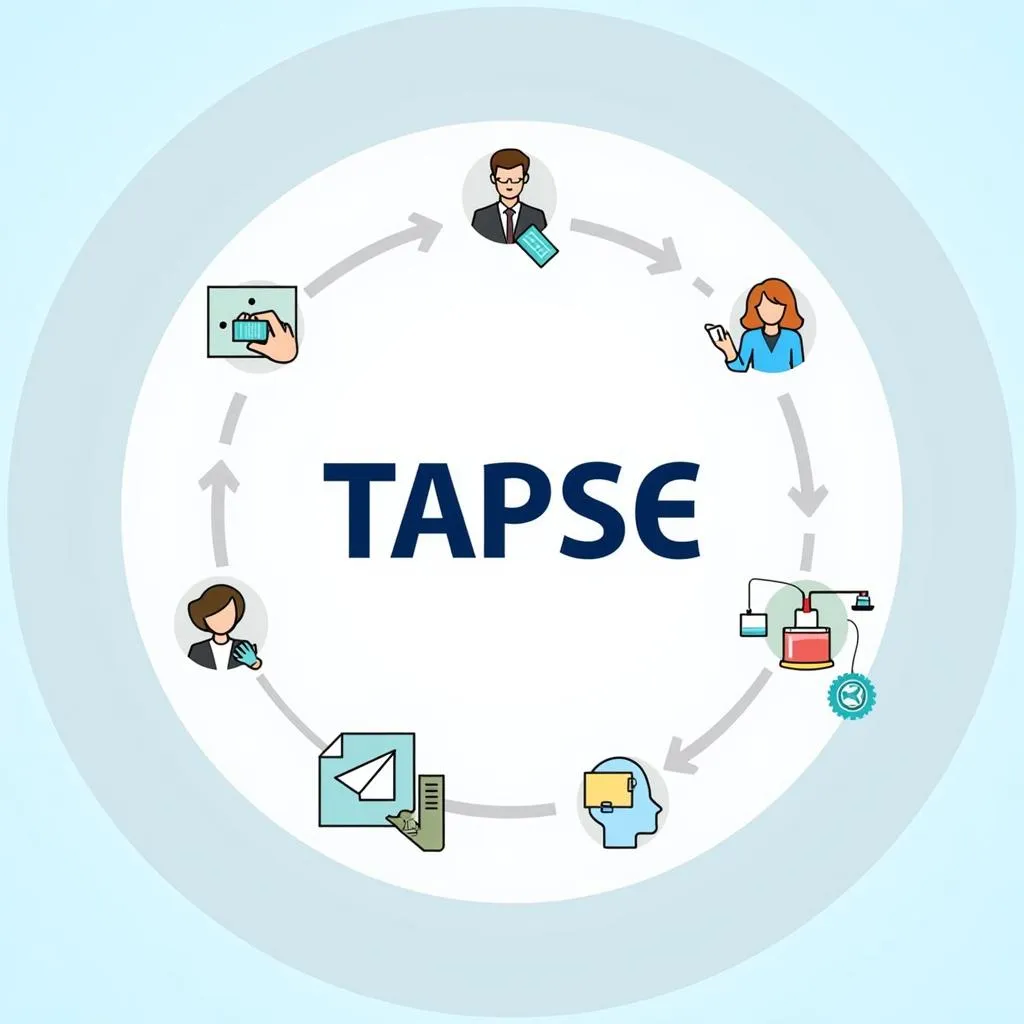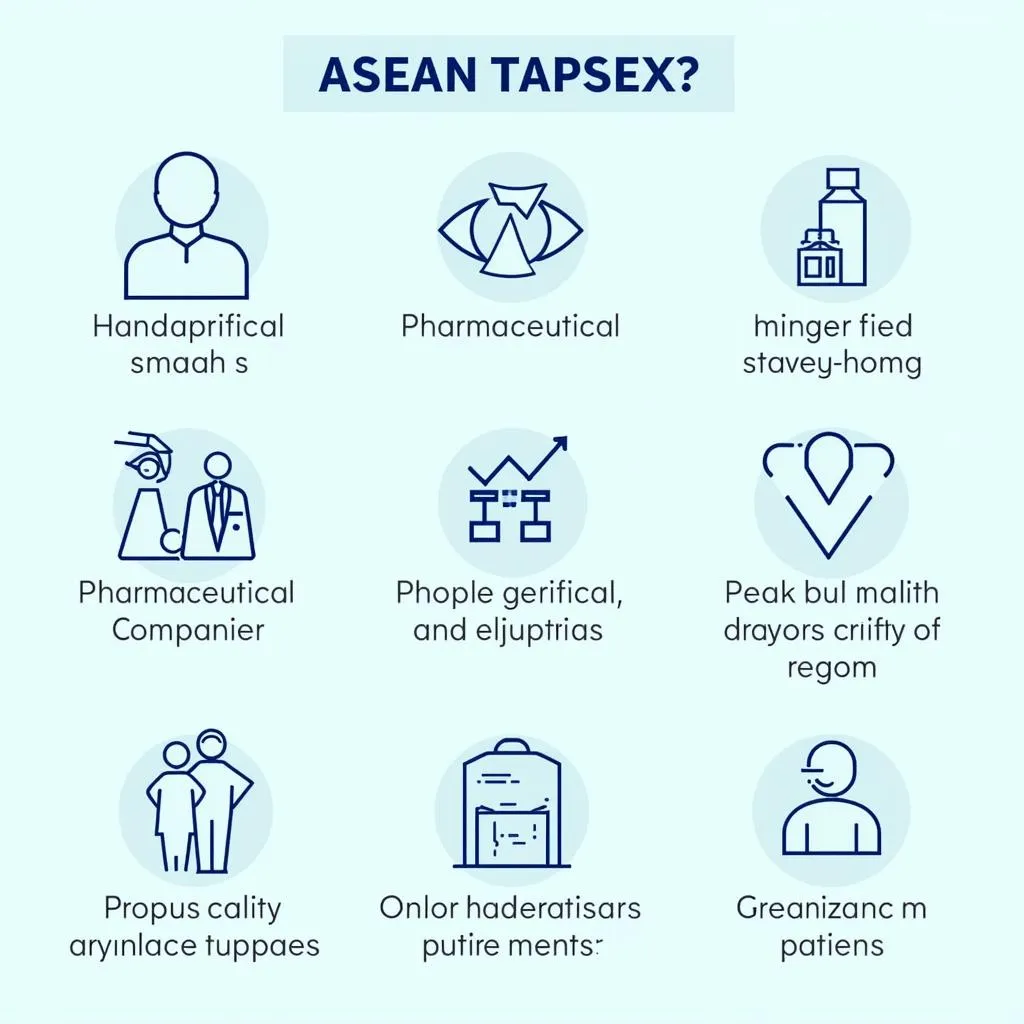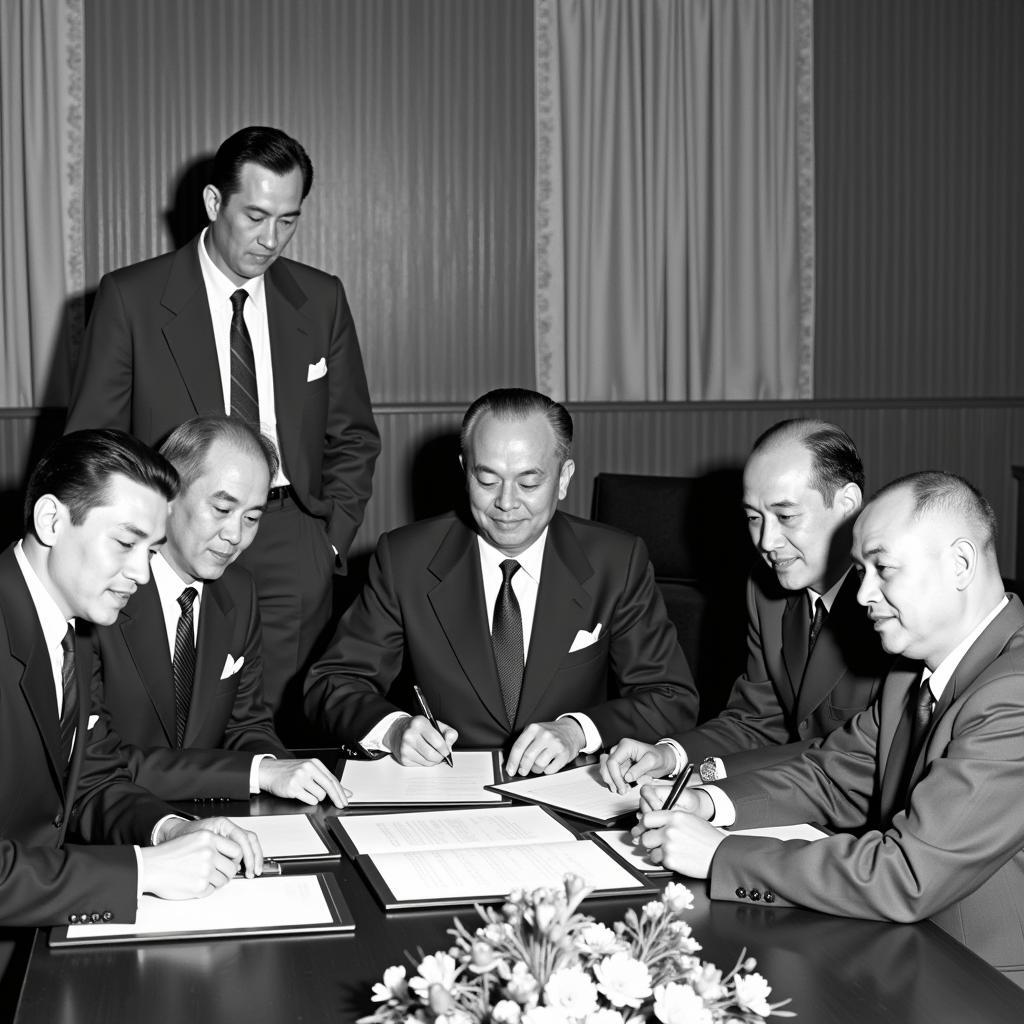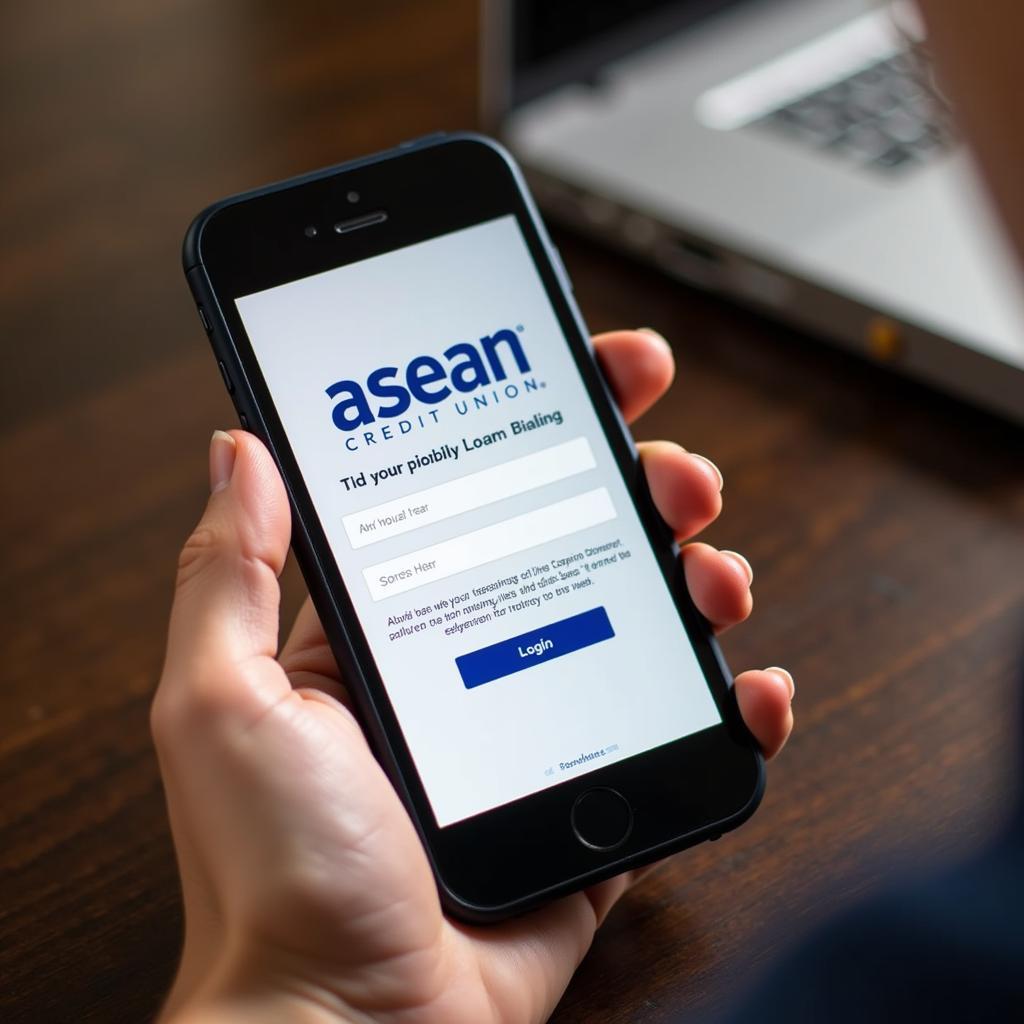ASEAN TAPSE, short for the ASEAN Trade in Pharmaceutical Products Scheme, is a regional initiative aimed at harmonizing pharmaceutical regulations and standards among the member states of the Association of Southeast Asian Nations (ASEAN). Launched in 2003, TAPSE seeks to facilitate the free flow of pharmaceutical goods within the ASEAN region while ensuring the quality, safety, and efficacy of these products.
The Importance of ASEAN TAPSE in Southeast Asia
 ASEAN TAPSE Harmonization
ASEAN TAPSE Harmonization
ASEAN TAPSE plays a crucial role in strengthening the pharmaceutical sector within ASEAN. By aligning regulatory requirements, TAPSE reduces technical barriers to trade, making it easier and more cost-effective for pharmaceutical companies to operate within the region. This, in turn, promotes investment, innovation, and competition, ultimately benefiting consumers by increasing access to affordable and high-quality medicines.
Key Features of ASEAN TAPSE
ASEAN TAPSE operates on the principle of mutual recognition, meaning that member states agree to accept the regulatory decisions and product approvals of other participating countries. The scheme covers various aspects of the pharmaceutical industry, including:
- Good Manufacturing Practices (GMP): TAPSE promotes the adoption and implementation of internationally recognized GMP standards for pharmaceutical manufacturing facilities within ASEAN.
- Product Registration: The scheme streamlines the process of registering pharmaceutical products by establishing a common set of technical requirements and documentation.
- Information Sharing: TAPSE encourages the exchange of information and best practices among regulatory authorities in ASEAN to enhance cooperation and transparency.
Benefits of ASEAN TAPSE for Stakeholders
 Benefits of ASEAN TAPSE
Benefits of ASEAN TAPSE
ASEAN TAPSE offers numerous benefits for a wide range of stakeholders:
- Pharmaceutical Companies: Reduced regulatory hurdles, faster time-to-market, and increased market access within ASEAN.
- Healthcare Professionals: Access to a wider range of high-quality medicines for their patients.
- Patients: Improved access to essential medicines at more competitive prices.
- ASEAN Economies: Stimulated economic growth, job creation, and enhanced regional integration.
Challenges and Future Directions
While ASEAN TAPSE has made significant strides in fostering pharmaceutical trade within ASEAN, some challenges remain:
- Implementation Gaps: Variations in national regulations and capacity constraints can hinder the consistent implementation of TAPSE across all member states.
- Emerging Technologies: The scheme needs to adapt to advancements in pharmaceutical technology, such as biologics and personalized medicine.
- Expanding Cooperation: Strengthening collaboration with dialogue partners and international organizations is crucial for keeping pace with global regulatory trends.
Conclusion
 Future of ASEAN TAPSE
Future of ASEAN TAPSE
ASEAN TAPSE is a vital initiative that has significantly enhanced pharmaceutical trade and harmonization within Southeast Asia. By continuing to address existing challenges and embracing future opportunities, TAPSE can further solidify its role in improving access to quality medicines and fostering a more integrated and robust pharmaceutical sector in the region. For any inquiries, please don’t hesitate to contact us at Phone Number: 0369020373, Email: [email protected] or visit us at: Thôn Ngọc Liễn, Hiệp Hòa, Bắc Giang, Việt Nam. We have a dedicated customer service team available 24/7.

